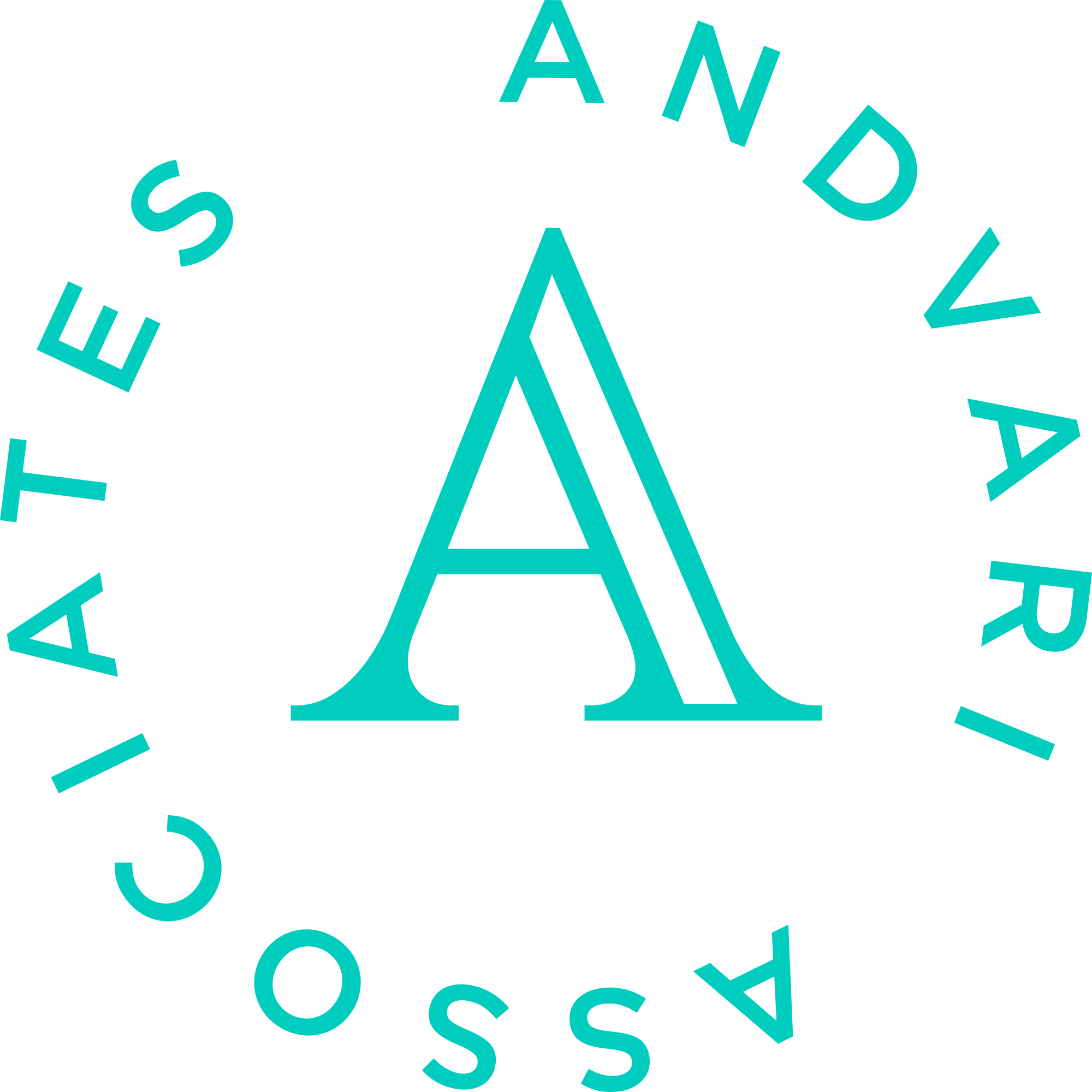I had the privilege of attending the annual Markel Corporation shareholders’ meeting on May 11, 2015 in Richmond, Virginia. I did my best to take notes of management’s prepared remarks and presentations which I present to you in outline format. The Q&A session is missing because I did not take notes during that time. Following my outline are some of my personal thoughts about what I heard.
- Alan Kirshner is first to speak
- Question that most new Markel associates ask him is what keeps him up at night, what worries him the most. He jokes that at his age he worries most about waking up in the morning. But what really does worry him is that Markel starts to believe in its own bull manure. Says that Richie Witt will be talking about what the company has done in the past and what it is presently doing to prevent this from happening and ensure that Markel will last for many more years to come
- Ann Waleski
- Speaks about recent and historical financial performance and metrics
- 13 years of combined ratio < 100% if you exclude the expenses associated with the Alterra acquisition
- Mike Crowley
- Says all Markel segments are doing very well but the larger and international lines are facing a challenging price environment
- Still getting good rates on smaller lines
- Company has restarted Markel University where they take recent college grads and teach them the insurance business; this is part of perpetuating the Markel culture and the Markel Style
- Richie Witt
- This is probably the most interesting part of the evening. Richie gives as quick a recap of the past 7 years as he can, explaining the big initiatives and actions that occurred
- 2007
- “Markel 2015” initiative begins; basically talk about what they want Markel to look like in 2015 and how they will get there
- 10 of the 19 executives at that beginning of this initiative are still with Markel
- Atlas project starts to accomplish some of the 2015 goals; Atlas was primarily about getting the company onto a single, cohesive system and platform; Richie alludes to the eventual conclusion that it was a mistake to go for one comprehensive system
- “Markel 2015” initiative begins; basically talk about what they want Markel to look like in 2015 and how they will get there
- 2008
- “One Markel” discussion begins; the question is how to change Markel so it can scale for the future
- Alterra acquisition would have been impossible without the changes came with the One Markel program
- 2009
- Mike Crowley joins Markel and brought a huge amount of sales drive and experience to the company
- Kirshner sets the “5 in 5” goal for the company and management; get to $5 billion in revenues in five years from its $2.1 billion revenue base
- Main purpose was not growth for the sake of growth, but challenging and changing the mindset of the company. Wanted to show that large growth could be attained without sacrificing profits
- 2010
- Creation of Office of Chairman and Office of the President
- Signals handing off of a lot of management responsibility from previous generation to the next generation
- First Comp is acquired
- Course correction at the company when they discontinue Atlas
- Positive outcome from Atlas was creation of Markel’s data warehouse and wholesale portals
- Atlas was still an expensive mistake, but it was necessary to allow them to acquire Alterra
- 2011
- Branding strategy completed; company now unified under one Markel brand as opposed to a collection of brands for its general market segments
- Information management system completed
- Wholesale producer websites finished and online: this was a big homerun for Markel
- 2012
- Thomco acquisition
- Markel’s IT systems are on a good track finally
- Alterra acquisition in December
- They went into full integration mode on day one of acquisition which they have not done before; again, the positive changes from Atlas and One Markel enabled quick integration
- 2013
- First global business meeting for Markel execs; kind of a boot camp introduction to the Markel Style
- 43 of the 49 Alterra people at this meeting are still at Markel; shows that people love to work at Markel; also first time lot of Alterra employees felt like they had a permanent home
- “5 in 5” goal is met with the help of the Alterra acquisition and growth of Markel Ventures
- First global business meeting for Markel execs; kind of a boot camp introduction to the Markel Style
- 2014
- Next five year goals established with three categories of goals they have called POPs (Profile, Objectives, Priorities)
- Profile is all about what kind of company they want to be
- Objectives were mostly financial in nature
- Want to double value per share value in five years start from the 12/31/13 figures
- NAV share from $477 to $954
- Share price from $580 to $1,160
- A list of goals
- Perpetuate the Markel Style
- Focus on business operations in the same way they have focused on underwriting
- Make the company highly scalable
- Grow profits and keep a low combined ratio
- Develop the Markel environment so they can hire great people
- Continuous improvement
- Tom Gayner
- Tom (always one for humour and a joke) walks from the table on stage to the podium and has a silver briefcase handcuffed to his wrist. He fumbles around for half a minute trying to undo the handcuffs. He announces he is going to share Markel’s “secret strategy” later in his speech
- Tom says a lot about Markel and how great it is as a company and how great its financial performance has been. Asks rhetorically why Markel is so great and why it will continue…
- He opens the briefcase and shows us it’s full of nothing. It’s empty. There is no secret strategy that can be contained in that briefcase because the key to Markel’s past and future success are People.
- Markel is all about hard work and zealous pursuit of excellence and also being a fun place to work
- Talks about how this unique culture creates a virtuous cycle for every aspect of Markel
- Tom mentions David Brooks’ book “Road to Character” and how Brooks writes about the difference between résumé values and eulogy values: both are important to Markel
- Tom talks a little about Markel Ventures
- Going to have $1 billion in revenues
- As a whole, Ventures is capital light, meaning the businesses don’t require a lot of capital investments to continue growing
- Markel is successful because of its people and its culture
- Steve Markel
- Says future is “very rosy” for Markel and opens the floor up for questions
Doug’s Thoughts
Although Markel is much larger than it was even just five years ago, the opportunity to grow and create shareholder value remains just as large. Being a larger and more cohesive organization Markel is now able to reap the many benefits that goes with size:
- It’s easier and less costly to do marketing, advertising, and go after new opportunities;
- Markel is better able to cross-sell products;
- It’s easier to maintain and develop customer relationships;
- Markel has enhanced credibility with the large international insurance brokers;
- Markel is now the “go-to” insurer in the eyes of brokers and customers for many lines of business;
- Sourcing and finding investment opportunities gets easier and less expensive;
- More and more people are coming to Markel to find a permanent home for their business;
- Although Markel has not started doing this (and maybe never will), they likely have the capability of looking at the financial statements of many of the businesses for which it underwrites insurance policies. It seems like it would be pretty easy to go to a long-time client with a great business and offer to buy them out.
Markel has also started to think in grander terms. Kirshner challenged the management team in 2009 to get to $5 billion in revenues in five years from a base of $2.1 billion. In the past few years, Tom Gayner has talked about wanting to create and be one of the world’s best companies. I think it’s very possible Markel will be able to meet its current goal of doubling value per share from 12/31/13 to 12/31/18. They will probably have to do another good acquisition to make that goal, but they are ready and capable of doing another deal for the right price and the right company.
After the conclusion of the meeting, I was able to speak a little with Alan Kirshner during the reception about building a culture that has allowed Markel to be so successful. He referred to the Jim Collins’ book “Built to Last”. He and the Markel brothers read this book when it was published in the mid ‘90s and said it was important to their thought process behind their strategy of operating and growing the company. This was what they wanted for Markel, a company that could stand the test of time and be a great place to work.
In summary, Markel is in a fantastic position. They have an outstanding reputation and are poised for many more decades of growth and value creation. I hope you found these notes and my thoughts about Markel to be useful.
**ANDVARI NEWSLETTER**
Get more with Andvari's e-newsletter. Every two weeks, we share insights on great companies, exceptional leaders in business, and related topics in a digestible email format. Click here to sign-up.
-
IMPORTANT DISCLOSURE AND DISCLAIMERS
Investment strategies managed by Andvari Associates LLC ("Andvari") may have a position in the securities or assets discussed in this article. Andvari may re-evaluate its holdings in such positions and sell or cover certain positions without notice.
This document and the information contained herein are for educational and informational purposes only and do not constitute, and should not be construed as, an offer to sell, or a solicitation of an offer to buy, any securities or related financial instruments. This document contains information and views as of the date indicated and such information and views are subject to change without notice. Andvari has no duty or obligation to update the information contained herein. Past investment performance is not an indication of future results. Full Disclaimer.
© 2020 Andvari Associates LLC

